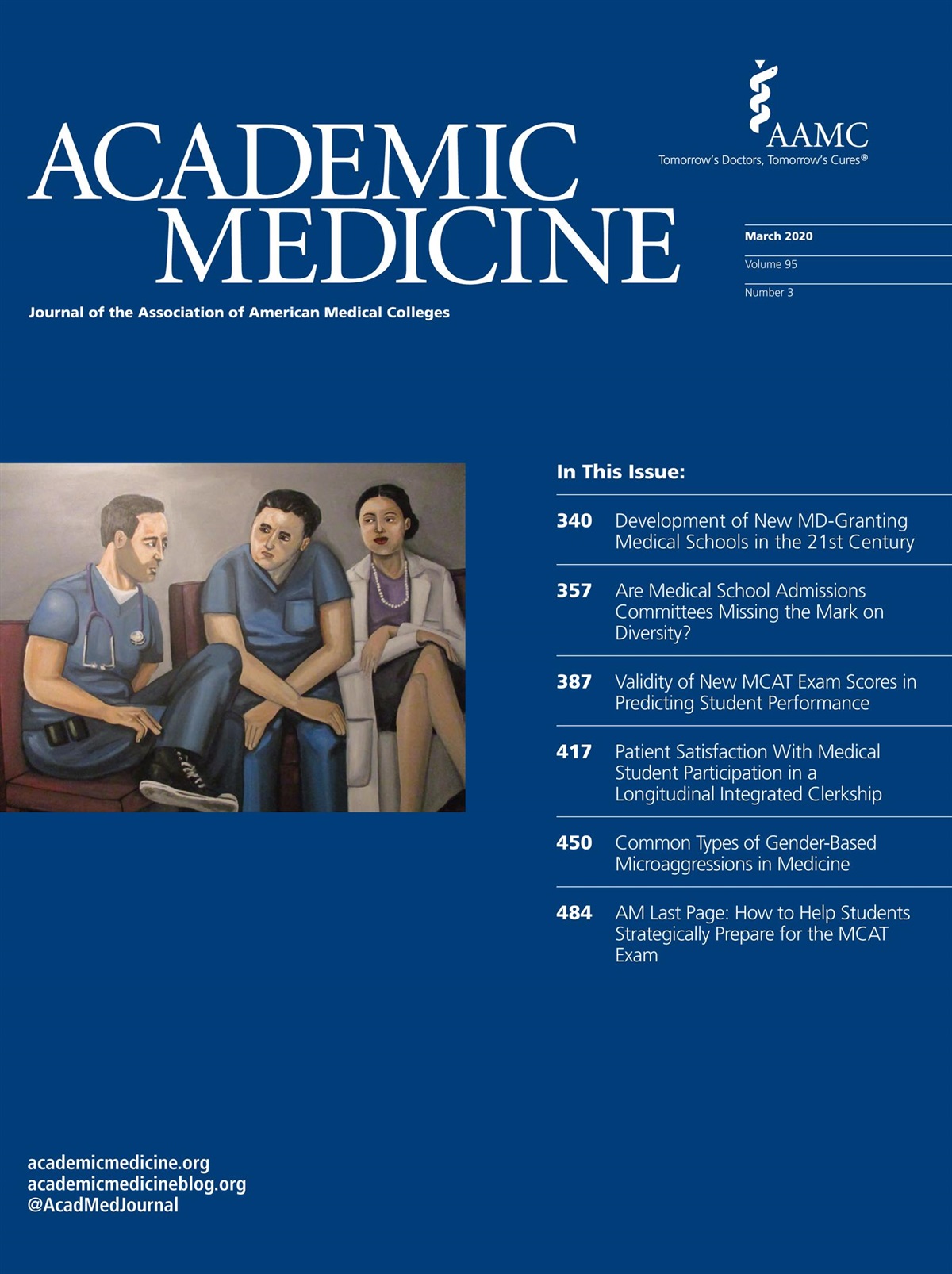I definitely appreciate the Moneyball reference made by
@Obnoxious Dad and have made those arguments to admissions faculty about the points made. I have argued these points under holistic review (having been an engineering major). In the end, we have to remember that admissions only focuses on getting students who we feel can be best trained to serve our patient communities. It is an easy error to blame admissions for not producing "good doctors." We are used to this, and we are not fortune tellers.
What I feel makes students into the best doctors are the culture and curriculum that
@DoctorDean is working on with their faculty. You want to find inspiring practitioners that students want to model. You must mitigate or discipline the practitioners who perpetuate negative or toxic norms that have persisted. You want a culture of learning, respect, and innovation towards service to others. Just like I tell advisees: don't just throw out buzzwords in your mission; show me how you live up to them.
We also realize we pick future students who are not all at the same points of maturity in their lives, and we need students and faculty to realize this. The students who graduate literally should not be the same as the ones you matriculated. The formal and hidden curricula play such a crucial role in forming future professionals, and those are the more important factors, not the incoming midrange GPA or tests.
The indicators I have always argued for include appropriate science rigor prior to starting med school, opportunities building a true professional purpose to advocate for a community, and an understanding that you have to navigate a less than perfect health care system that rewards attitudes and behaviors that will burn you out. (Systems competencies are apparently not important in admitting preprofessionals, IMO.) Students will be best served with strong mentoring and role models who can protect them from these pressures while learning their trade or fulfilling their purpose. These are the students (and friends) who have been most successful. (See Becoming a Student Doctor resource.)
The challenge is that everything done in a curriculum needs to be measured and documented for accreditation. There is a reason why we test every week to see learner progress. There is a good argument for mandatory preclinical lectures and dress codes (and against them). There is a good argument for and against recording lectures or relying on third parties for Board prep.
I will agree with both points. I want smart and experienced people ultimately guiding me. I want confident and compassionate health team members. I don't like people who keep bouncing me around because they don't know the answer as it's not in their wheel house. I do want physicians to be vulnerable to share common insights or experiences when I need the consolation. GPA/tests only cover the regulatory expectations of the profession to document clinical thinking is sufficient. But everything else is a residual of all the professional influences (good and bad) on that physician's method of practice.

